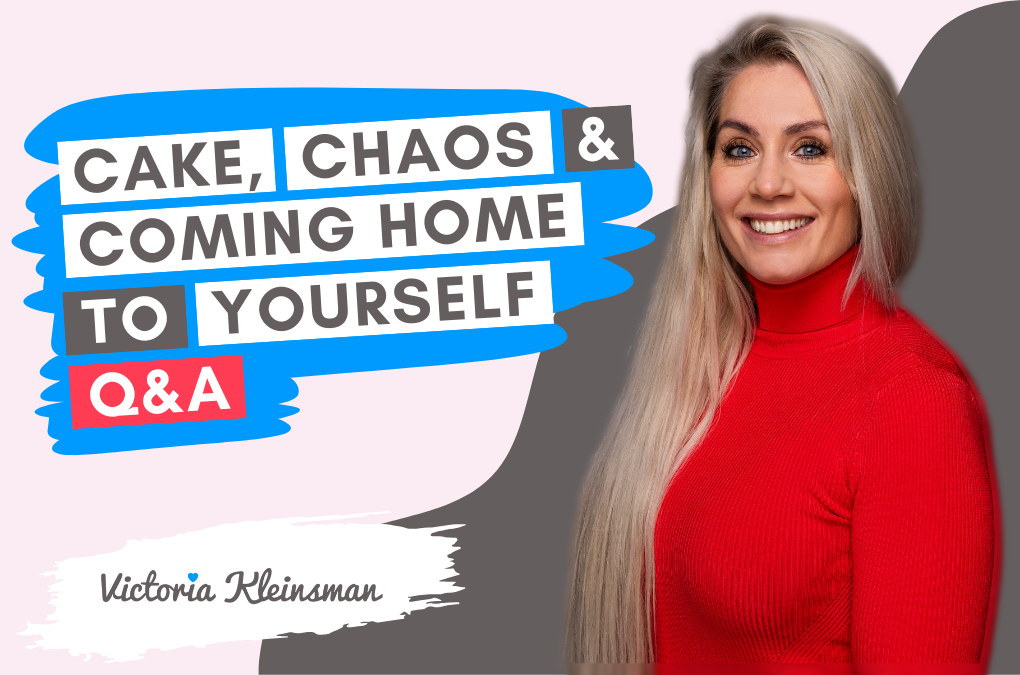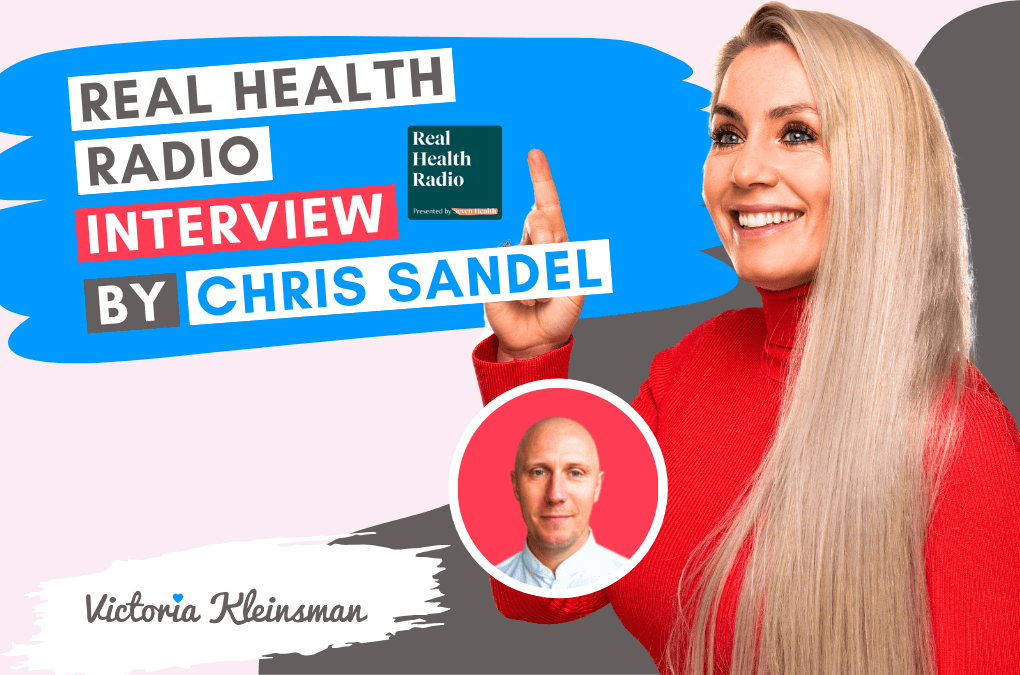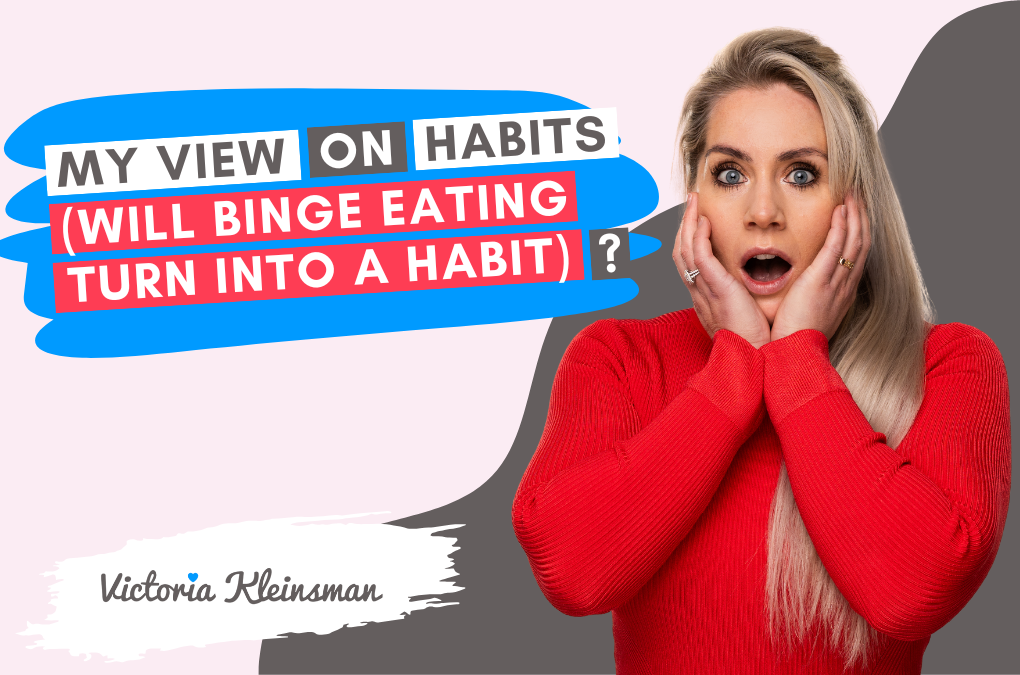This was a question from my lovely client Hedi ☺️
I’m also going to include aspects of how to support yourself in recovery because the goal is that you are also a loved by yourself of course…
Meet them where they're at
The first step is to meet them exactly where they are at. This includes meeting yourself where you are at. This looks like fully accepting them (and yourself) exactly where they (and you) are right now. It’s about being fully honest about the situation and how they and you feel about it. You can have feelings about something AND accept it. Acceptance is giving up resisting what is. Acceptance is not approval. We can’t move forward without acceptance. As painful as it might be, this is where they are you are at right now.
Don't tell them what to do
Instead, ask them, “How can I best support you during this journey?” They might not know how they want to be supported yet or they might know exactly how they want to be supported. Ask this question when it feels right to do so. You might end up asking several times a day or once a week. Most importantly, let them know that you are here to support them but don’t tell them what to do.
Most people with eating disorders have a strong rebellious part within them. This is developed as a protective mechanism as a child when the person wasn’t accepted and loved as their natural authentic selves. The rebellious part would do anything to avoid feeling empty, hollow, lost, directionless, without identity, disconnected and alone.
And so if you tell them what to do, they will only rebel against you, even though your intention would be to help them.
The same goes for yourself if you have an eating disorder… if you tell yourself what to do- this is usually the bully part of you that is also created due to lack of self as you were growing up- then you’ll only rebel against yourself.
We all have different parts within us but when we were not accepted as our true selves or given what we needed as a child (physically or emotionally), these parts become out of balance.
The bully part within is;
- abusive
- shaming
- black and white thinking
- rigid
- harsh
- perfectionistic
- loud
- angry
- critical
The rebellious part within is;
- angry
- acts out
- defiant
- oppositional
- “fuck it”
- “you can’t make me!”
And so instead of telling yourself what to do…
Give yourself space to make your own choices
This of course includes giving your loved one in recovery space to make their own choices.
Everything in life is a choice. I used to get angry at this statement when my coach would reflect this back to me because I didn’t believe that to be true. I was only angry because I didn’t want to take responsibility for that truth. I didn’t believe that everything was simply a choice until I was asked this question;
“If you were to be given a billion euros if you were to do or not do __, would you be able to do or not do it then? What about if you had a gun to your head?”
Then I knew I’d be able to do or not do the thing that was self harming. That hit me on a deep level. I was like, “Shit, everything IS a choice and the choice I am currently making is to avoid fear and discomfort” that was one of the pivotal moments for me. To choose again. Over and over again. To choose what I ultimately wanted… FREEDOM and self-love and then to act accordingly.
So in terms of supporting a loved one with them making their own choices, give them space to do so, don’t tell them what to do. Depending on the situation and the person you could ask something like, “What would the version of you who was nailing recovery do right now? I’m here to support you however you need. I believe in you.” and then allow them to answer you out loud or not at all.
For yourself, ask yourself that exact question, “What would the version of me who was nailing recovery do right now? I believe in her so therefore I believe in me. I can do this. I choose recovery and freedom.”
When we replace the words “I can’t” with “I won’t”, we take full responsibility for our choices. Responsibility doesn’t have to mean pressuring or bullying the self. Responsibility can (and does) mean empowerment. It means that YOU get to make this happen.
See and feel the difference with these two statements;
“I can’t go for an ice cream” –> “I won’t go for an ice cream”
Let’s stop avoiding discomfort and fear… they will only keep us stuck. The antidote to fear is courage and you have lots of that within you my love.
Create a supportive environment for your loved one and for yourself
This might look like always having a variety of food in the house. If your loved one in learning how to eat intuitively then ensure you create a supportive environment by having a variety of food in the house such as fruits and vegetables, hummus, bread, cheese, chocolate, ice cream, nuts etc. It’s important to have their previously fear foods or binge foods in the house at all times too.
If your loved one is in recovery from anorexia or orthorexia then ensure you have enough of a variety of their fear foods and a little less than usual of their safe “disordered” foods.
The same goes for yourself. Set your environment up to support you, not hinder you in recovery.
Ask yourself this question, “How can I set up my environment to support myself through this recovery journey?”
If you’re supporting a loved one, they might want you to choose what they eat so they have no pressure to make their food choices. Some of my clients ask their husband or mum to choose and make what they eat (that’s what I did and it was very supportive to me). Ask your loved one if they’d like you to support them in this way.
Some of my clients use a spinning wheel or an app that makes choices for them which is helpful and takes away the vey real possibility of decision paralysis.
I’ve had a client put little folded bits of paper in a jar with her fear foods on and each day she took one out of the jar and challenged herself to eat that fear food today before a certain time.
Get creative. Recovery does get to be fun if you allow it to be.
Gently encourage them
Gentle encouragement is different to telling them what to do. If it feels right in the moment, words of affirmation can be helpful such as, “You can do this!” “I’m so proud of you for eating __ as I know how scary that was for you.” “Wow you’ve not purged for a week that’s amazing, let’s do something to celebrate this!”
The same goes for yourself too. Speak kindly to yourself and with encouragement. The way you speak to yourself in your own head has a HUGE effect on how you feel and what actions you take or don’t take.
Start by putting some little tokens or suchlike in your right pocket for day. Whenever you notice that you’re allowing the inner bully to berate you or be unkind without changing it, take one token out and put it in your left pocket.
At the end of the day you can see how many times you have let the bully within be mean to you and get away with it. With this awareness you can then CHOOSE to respond differently.
Example;
The inner bully says, “OMG did you just see your reflection in that window?! You look disgusting. You need to skip lunch today.”
You say in repose, “That’s not very nice, what is it you’re trying to protect me from by saying that to me?” (at this point you can let the inner bully answer because ultimately the bully will actually be trying to protect you.)
Let’s say that the bully within answers with, “If you skip lunch and lose weight then you won’t look so disgusting. Then people won’t judge you unkindly. Then you’ll be safe and accepted.”
You can resound with, “I hear you. Thank you for trying to protect me however this isn’t working for me. People will judge me no matter what and so I’m working on accepting myself as I am. Accepting myself is the doorway to loving myself and I want that. And so I’m not going to skip linch today. I’m going to enjoy my lunch and write down 10 things that I appreciate about myself as well.”
Do the above on repeat in all situations when you’re aware, act on what you say you’ll do and you’ll be shocked at how differently you feel and how much easier recovery becomes.
Don't try to fix them
Because they are not broken, they are wounded within and are trying to cope with the pain of feeling deep shame. They feel that they are flawed and something is wrong them. They feel ashamed to just be. However they CAN fully heal and release that heavy shame.
AND it’s impossible for you to “fix” anything. It’s got to come from them. This is one of the hardest parts of having a being with a loved one who has an eating disorder. You see they’re in pain and all you want to do is take it away for them. If only they’d just eat or if only they’d just see how special they are regardless of what size clothes they wear.
All you can do is…
Love them fiercely through it all
Show them that you love them unconditionally. Love is a feeling and an action. Show them via all the ways that you know how (taking into consideration what I’m sharing in this episode). Even if they don’t respond, them knowing you are there for them and you love them no matter what is everything. It was for me.
And the same goes for practicing loving yourself if you are in recovery. If you unconditionally loved yourself already, how would you treat yourself? How would you speak to yourself? How would you take care of yourself? The number one essential in recovery is self compassion. This is everything. Self compassion supports recovery and gets you way further than self flagellation. Trust me on this… I know from 20 years of experience.
Practice treating yourself in all ways the same way you’d treat a loved one. If you look back at how you’ve been treating yourself and imagined that were an animal or a child, most likely you’d be in prison for abuse and neglect…
Only you have the power to change how you treat yourself my love. I know that you will feel that everyone else in the world deserves to be treated with love and kindness but not you… it’s a deep feeling within. And I know that feeling well. The thing is, it’s not true even though it feels true. When you fully heal, you feel your wholeness and loving yourself becomes easy and natural.
Educate yourself
This in my option is quite important, especially if you haven’t had an eating disorder. I’m not saying you have to spend all your time educating yourself but it will be helpful to read a book or listen to my podcast for example. Just so you have a bit of background knowledge as to what your loved one might be going through.
If your loved one is in anorexia or orthorexia recovery, then I recommend you read “rehabilitate, rewire, recover by Tabitha Farrar”.
If your loved one is in binge eating recovery, then I recommend you read “The fuck it diet by Caroline Doner”.
If your loved one is in bulimia recovery, then I recommend you read “Bulimia Sucks by Kate Hudson-Hall” or “Bulimia Help Method by Ali Kerr”
I recommend everyone read “Health at every size by Lindo Bacon”
I’m sure I don’t need to speak about educating yourself if you’re in recovery as I’m almost certain that you have read and listened to many recovery resources and it’s the taking action with the right support you might be missing. Nothing changes if nothing changes… you cannot educate your way to freedom and recovery.
Take a look at your own behaviours and beliefs which are driving them
If you’re supporting a loved one, are you carrying out disordered behaviours without realising it? Are you commenting on fat people’s bodies? Are you making judgments about what people are eating, including yourself? Are you eating freely or are you watching what you eat? Are you treating yourself and your body kindly? Are you cutting out sugar? Etc.
These types of questions are super important to ask yourself and to reflect on. If your answers aren’t fully supporting of your loved one in recovery, it might be time to take a look at these behaviours and the beliefs driving them.
One of the best ways you can support a loved in recovery is by being an example to them.
Get support yourself and live your own life
Talking to someone whether it be a professional, a friend or a support group is very beneficial for your mental health. Living with someone who has an eating disorder and who is in recovery can be challenging and all consuming. Take care of yourself. that’s very important. Do not forget to live your own life too. You cannot save the person, only they can save themselves. Live your own life. Talk to someone.
And lastly…
Be patient
It can take time for someone to fully recover and they’ll be many ups and downs along the way. Recovery is not linear. It’s a messy and magnificent journey. Be patient with your loved one and with yourself as the supporter. Nobody is perfect and that’s what makes us human. Your loved one will recover on the right time line for them… especially if they have the right support from a professional who is guiding them.
Patience is a characteristic of love and so practice patience and kindness along the way. People recover at different rates and this is ok. Everyone one is different and have lived different lives. Let go of any comparison to others’ recovery journey and focus on the one in front of you because that’s what matters the most.
This of course includes you, if you are in recovery from an eating disorder. Be patient with yourself. You’re exactly where you are supposed to be right now. Give yourself some grace. It’s hard going diving deep into recovery and all what that entails. I know…
Keep showing up for yourself every day. Day by day. Doing your best with commitment and self compassion and you WILL get there. You’ve got this!
I’m here for you if you’d like me hold your hand along the way.





